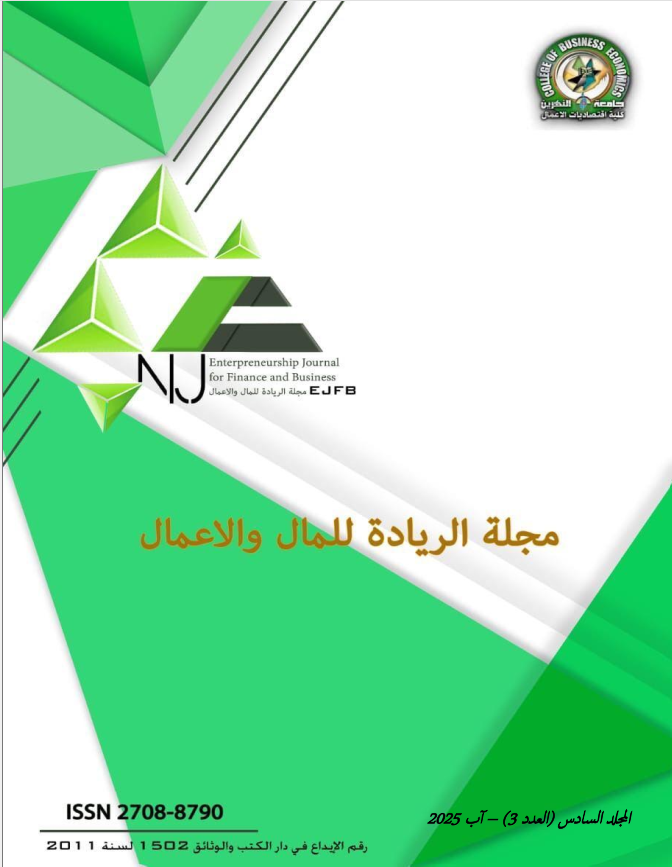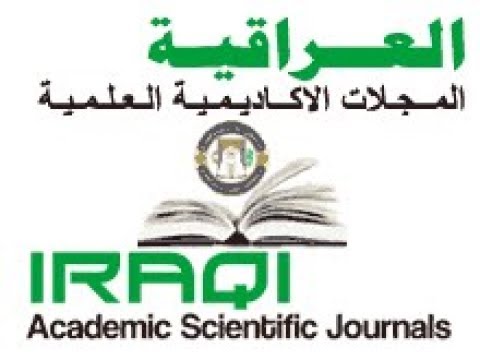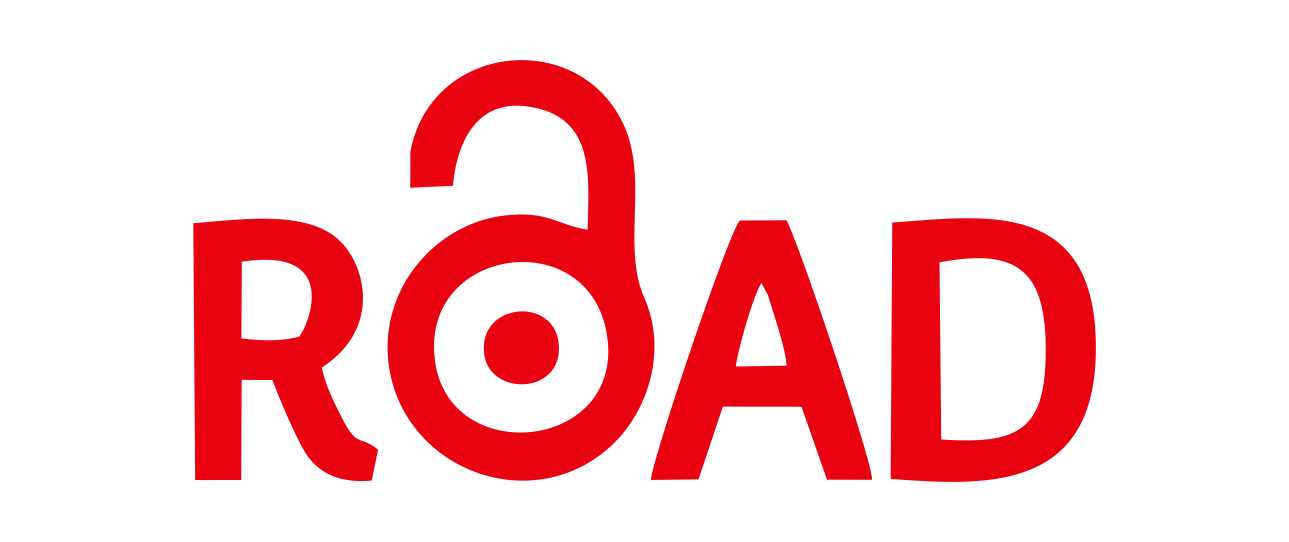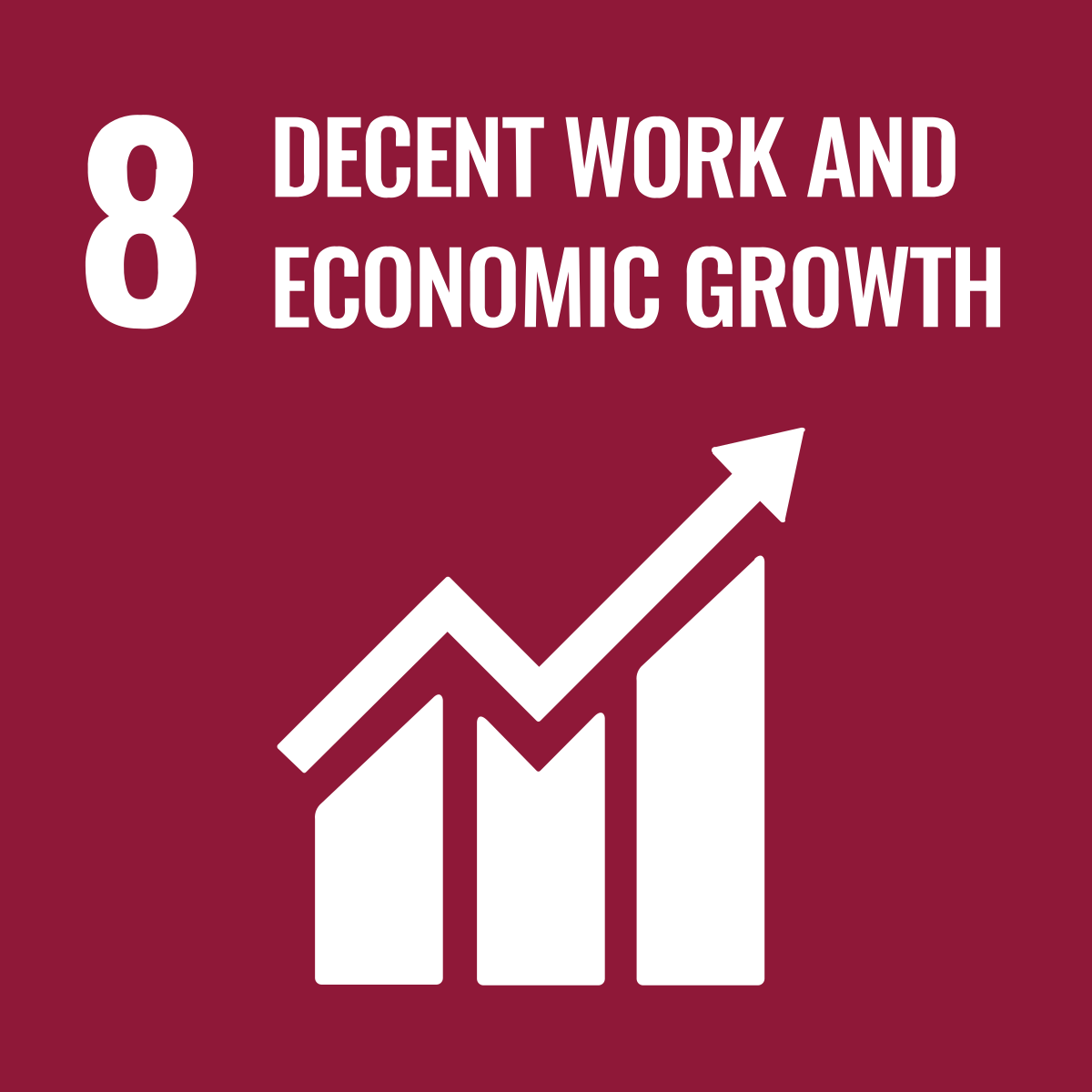The role of integrated reporting on global warming within the framework of meeting the requirements of international auditing standard 3410: An applied study on a sample from the local environment
DOI:
https://doi.org/10.56967/ejfb2025511Keywords:
integrated reporting, global warming, international auditing standard 3410, local environmentAbstract
The emergence of integrated reporting on global warming represents an important evolutionary stage in the auditing profession, as the auditor has moved from his traditional role of examining or auditing information or pre-prepared lists with a specific financial formula to granting a certificate of confirmation in the preparation of this information or financial and even non-financial statements. This certificate (report) is distinguished by some specificity from the conventional audit report, as assurance services fall between the level of absolute assurance and the lack of assurance, and it contains a wide range of services that do not differ from the two types of reasonable assurance and limited assurance. Specialized professional organizations, including the AICPA, have issued a group Among the standards for these services in order to rationalize their practical application, and I found many obstacles that could face the process of preparing integrated reporting on global warming in the local environment. The researcher adopted the descriptive analytical approach in the theoretical framework, as well as collecting data about the work environment and then analyzing it in the applied framework. This is done by taking advantage of the SPSS program for statistics, as well as the analytical method using it on a sample of data issued by oil refineries. The sample was estimated at the refineries of Shuaiba and Doura. The researcher reached results, the most notable of which is that there are no appropriate controls for preparing integrated reporting, as there is a difference in views about the suitability of the IR framework. As a criterion for assurance, and in particular, current assurance standards, most notably the International Standard for Assurance ISAE 3410, The research community consists of the Daura and Shuaiba refineries in Iraq. The research sample comprises 140 employees working at the Daura and Shuaiba refineries. The researcher used both the survey questionnaire (paper and electronic) and the model reports as tools. In this context, the questionnaire form was distributed to the research sample, require appropriate controls to evaluate the subject matter of an assurance engagement and the practitioner provides reasonable or limited assurance regarding the extent to which the subject matter is compatible with a specific basis, and the researcher concluded that: The high cost of preparing the integrated report compared to its benefits. The cost is also considered a major obstacle to making the entire integrated report the subject of a confirmation engagement (IIRC 2015). Confirming the entire integrated report requires the participation of multiple experts, which will make the engagement very expensive.
There is a difference in the level of credibility and reliability provided by integrated reporting compared to auditing, as integrated reporting does not provide the same level of credibility and trust provided by auditing financial statements. This is due to various reasons, including that integrated reporting is less quantitative and more qualitative in nature. The new form of assurance may fail to have the same confidence as an audit of financial statements. As a result, before embarking on making radical changes in current assurance models, sufficient time must be given. To refine its integrated reports and deal with stakeholders to determine the extent of the actual need for external confirmation, and the diversity of the nature of integrated reporting mechanisms, as the integrated nature of reporting processes and the many types of information reported require innovative forms to enhance credibility that can accommodate the link between the various components of integrated reporting. The researcher presented a main proposal to overcome the obstacles in integrated reporting of global warming, as she recommended that concerned parties adopt strategies such as strengthening cooperation and partnerships with other parties, providing training and continuous development for employees, and improving internal systems and processes to facilitate the reporting process.
Downloads
Downloads
Published
How to Cite
Issue
Section
License
Copyright (c) 2025 صفا علي رشيد

This work is licensed under a Creative Commons Attribution 4.0 International License.
This is an Open Access article distributed under the terms of the creative commons attribution (CC BY) 4.0 international license which permits unrestricted use, distribution, and reproduction in any medium or format, and to alter, transform, or build upon the material, including for commercial use, providing the original author is credited.










